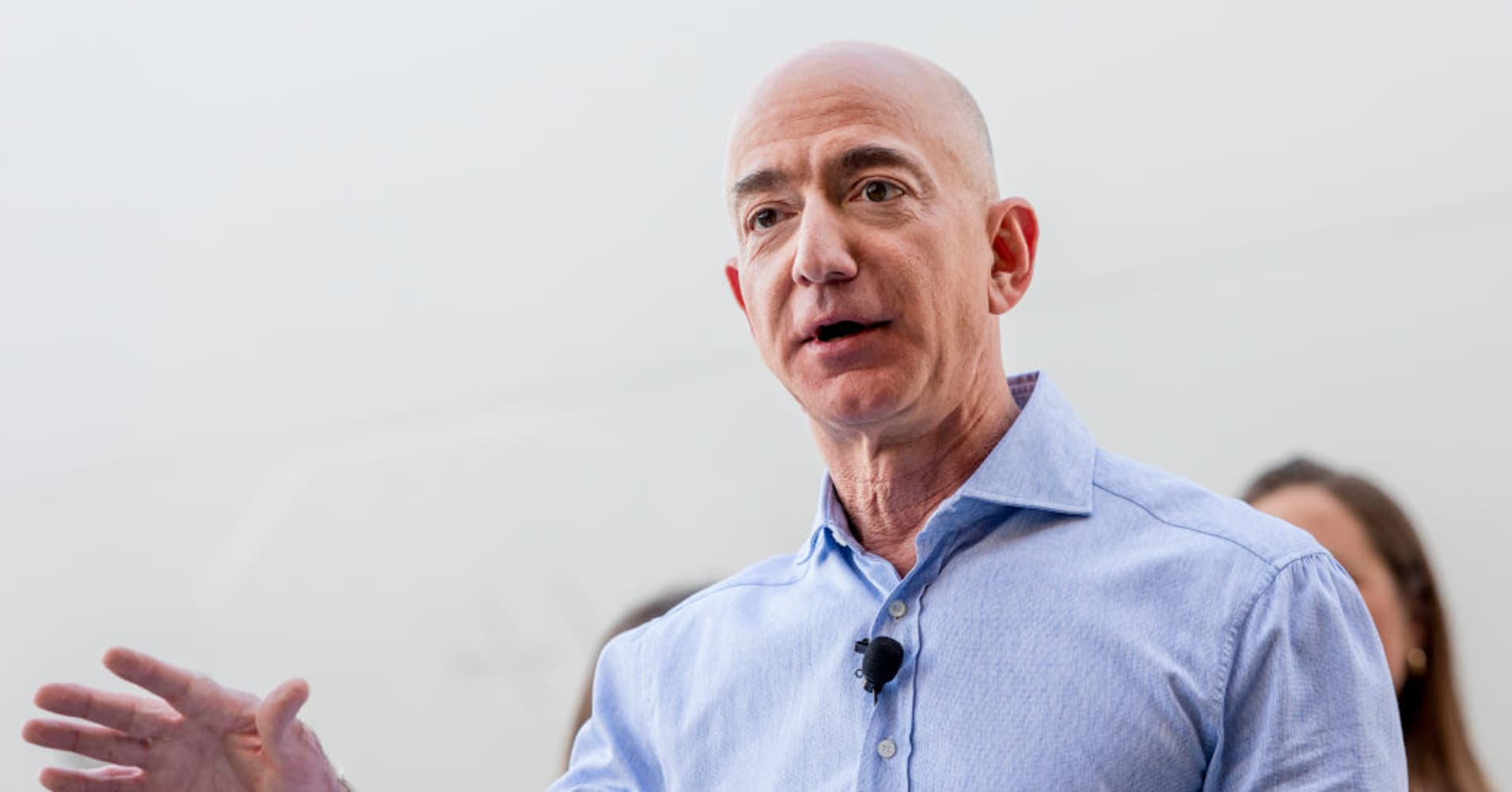
Amazon's secretive special projects group has considered products for consumers to conduct medical tests in the home, which could take the company into the health diagnostics space, according to a person familiar with the company's plans.
Two people say the company was in discussions this year to buy a venture-backed diagnostics start-up called Confer Health, but those talks did not result in a deal. According to its web site, Confer develops hardware for at-home tests starting with fertility and infections like strep throat. Their tests are designed to provide clinical grade results at home without visiting the doctor's office.
According to a person familiar with the company's plans, Confer would have fit into a medical diagnostics project that was being actively explored over the summer. That project was led by a team under Babak Parviz, who joined Amazon from Google in 2014 to create a special projects lab focused partly on health. Within its diagnostics unit, the company was interested in fertility and geriatric tests for seniors, this person said. A different person who met with Parviz around the same time also said that he expressed strong interest in home health testing.
It is not known whether Amazon has decided to move forward with the project. One person said that Confer deal talks fell apart in the summer, around the time that Amazon made the decision to acquire the Internet pharmacy company PillPack.
But a move into the home health-testing space would be a signal of Amazon's ambitions to remake the entire health care supply chain. It could bring Amazon into competition with testing giants Quest and LabCorp, as well as retail health centers where the bulk of tests are performed today. If successful, it could save people trips to the doctor's office for simple things like checking to see whether they have the flu, and reduce the spread of communicable disease.
Confer has raised just shy of $10 million in venture capital and is advised by Chamath Palihapitiya, a former Facebook executive who has been notoriously bullish on Amazon. Amazon and Palihapitiya did not return requests for comment. Confer Health declined to comment.
The leader of the diagnostics project, according to the person familiar, was Kristen Helton, a PhD in bioengineering who also co-founded a health monitoring start-up. Her previous academic papers point to an interest in point-of-care diagnostics, specifically making it easier for people to access tools to test for disease outside of the lab. She has also looked closely at using saliva as an alternative to blood for biomedical testing.
Other Amazon employees involved in the diagnostics project and discussions included Parviz; Adam Siegel, who previously developed a medical device start-up; and Douglas Weibel, who teaches biochemistry and biomedical engineering at the University of Wisconsin-Madison.
All the people have been part of a bigger team at Amazon called "Grand Challenge," which is run by Parviz and has also operated under the monikers 1492 and Amazon X, as previously reported by CNBC.
The diagnostics project might be going under the internal code-name "Picard," although CNBC could not confirm this definitively.
An internal document from this summer discusses a project led by Helton, code-named Picard, that is expected to bring in at least $250 million in sales by 2020. The document says Picard would be in its third year of existence by 2020, suggesting that it was slated to launch this year, and that the project was a "new initiative for Amazon (organizationally within AWS but a non-AWS product)." Parviz is one of the direct reports for AWS CEO Andy Jassy.
The name Picard, which likely originates from the "Star Trek" character, suggests that this project is health-related, as the series features a "McCoy Home Health Tablet" that promises to deliver patient data to doctors instantly. The series is also famed for a device called a "tricorder," which measures environmental and health data. Amazon CEO Jeff Bezos is known to be a "Star Trek" fan.
Medical diagnostics experts say that Amazon is uniquely positioned to succeed in the health-care space, where many start-ups have struggled.
If Amazon moves ahead, "the notion of being able to connect consumers to a health testing product that sits in the home, as well as delivering treatments, would be quite revolutionary," said Greg Yap, a tech-driven life sciences investor with Menlo Ventures, who does not have direct knowledge of Amazon's plans.
Yap said there are a lot of potential hurdles, including regulations that require a physician to interpret the results. Amazon has also been in talks with telemedicine companies in recent months, says a different person familiar, which might hint at a potential solution to the problem. Amazon could work with a network of doctors to remotely approve a prescription via a smartphone or laptop.
But Yap said that a company with the scale of Amazon, with its Alexa voice assistant in more than 40 million people's homes, stands a chance. Many venture-backed start-ups have struggled, he added, because of challenges of getting tests approved by regulators quickly enough to gain traction with physicians and their patients.
Alexa has its own health and wellness team that is exploring health and wellness applications, including integrations to blood pressure monitors and other medical devices. Earlier this year, Amazon filed a patent for its Alexa voice assistant to be able to detect when you're sick and offer medicine based on your voice condition.
via IFTTT
No comments:
Post a Comment